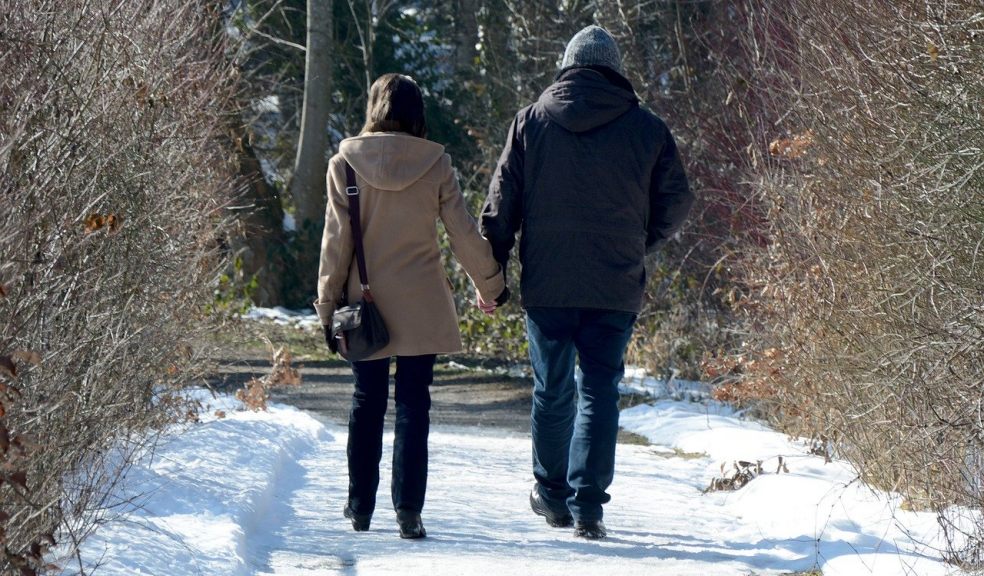
How to keep your mind and body healthy during winter
Winter can be a challenging time for many people. From the cold weather that can make a lot of us simply want to hibernate until spring, to the added financial pressure of Christmas and feeling like you have to be constantly merry and happy because it’s the festive season, this time of year can really be quite difficult. As such, it can cause a rise in illnesses like seasonal depression and anxiety disorders.
As well as your mental health, it’s important not to allow your physical health to be damaged by the added stress that winter can bring. During winter, things like colds and flu viruses are far more common than in other times of the year, and if you’re not taking care of yourself mentally and physically, then this can cause your immune system to be weakened even further.
If you find winter a struggle to cope, either mentally or physically, we have the content for you. We’re going to be sharing with you some of our top tips for how to keep your mind and your body healthy during winter. As a result, you can start enjoying some of this colder season even when you’re more of a summer person and typically find the winter to be something you can’t wait to see the back of.
Have a Proper Sleep Routine:
Ensuring you get enough sleep is something that’s essential for your overall physical and mental wellbeing. Although the recommended average amount of sleep for an adult is 7-8 hours per night, most of us aren’t getting anywhere near this.
Suppose you’re constantly finding that you’re not getting enough sleep during the night or are finding it difficult to get to work in the first place. In that case, this could be insomnia, and it’s not something you want to be dealing with long-term as it can have very negative consequences on your physical and mental health.
The good thing is that if it’s just insomnia from feeling a bit down due to winter, then this is quite easily resolved and your doctor will be able to advise you on the best course of treatment for you.
It’s also a good idea to make sure you have a good routine when it comes to sleeping. This means avoiding caffeine and alcohol later in the day or shortly before bed. You should also be avoiding heavy foods shortly before bed. You must keep your room well ventilated, dimly lit and free from distractions and noise such as televisions and phones as these can interfere with your sleep quite severely.
Maintain A Healthy Diet:
As you know, in order to keep a good level of physical health and have a healthy immune system, what you eat and drink each day is crucial.
It can be easy during winter months when you’re feeling less motivated and want to stay home more to opt for easy things like takeaways and ready meals. Although there’s certainly nothing wrong with these once in a while, they’re not things you should be eating all the time if you want to stay healthy.
It’s not just your physical health that is impacted by your diet, but also your mental health can be massively affected. Even if you don’t feel like cooking each day, then making sure you’re at least getting the right vitamins and nutrients. You can do this either by eating some fruit and vegetables each day or drinking a smoothie. You could also consider taking some additional supplements to get a boost if you feel like your mood is low or you could use some more energy.
Take Time Out For Yourself:
Self-care is such an important practice to have, but it’s not the easiest. Most of us are so busy with life commitments, such as work and family, so we tend to end up letting ourselves fall to the bottom and focus on everyone else first.
However, if you want to be able to take care of others effectively, then you need to be in a good position to do so, and that means you need to be fit and healthy, so taking time to prioritise self-care is essential in helping you do this.
Self-care can be anything you enjoy that helps you relax, and although for some people it can mean going to get a massage or their nails done, for you it can simply be curling up on the sofa for an hour or two with some nice tea and a good book. It really doesn’t need to be complicated or expensive at all.
Not taking care of your self can leave you at risk for high levels of stress, and this can affect all kinds of things regarding your mental and physical health, from anxiety and depression to insomnia, stomach problems.
Be Proactive About Any Health Issues:
It’s easy to think that small health issues, such as insomnia or hair loss, aren’t important. However, they could be a symptom of something even worse. Even if they’re not, problems like hair loss can affect your mental wellbeing, so make sure that you’re proactive and visit your doctor as soon as the issue presents itself.
Going to your doctor because you feel like your hair is thinning or falling out can seem embarrassing, but they’re there to help you and will be able to recommend the best course of action. Once you’ve spoken to them, you can find an effective hair loss treatment that suits you, then get it sent to your door by Chemist Click. Then you’ll know for sure that the issue is treatable and be well on your way to overcoming the problem.
Stay as Active as Possible:
As part of a healthy lifestyle, it’s important to stay active and try to exercise when you can and in a way that feels comfortable to you. However, often people find that staying active is somewhat easier to do during the summer months than in winter - especially if their exercise of choice is something like running or walking.
Though, even more so in winter, it’s important to stay active, not just for your physical health, but taking a brisk walk for 20 minutes a day has shown to have a positive effect on mood, so if you struggle with your mental health during winter, then this is something you should consider making an effort to keep up as it will really go a long way to making a big difference to how you feel during winter.
We hope this post has been useful for you in giving you some good tips. It should help you to navigate the cold and often gloomy winter months without too much negative impact on your physical and mental wellbeing.













